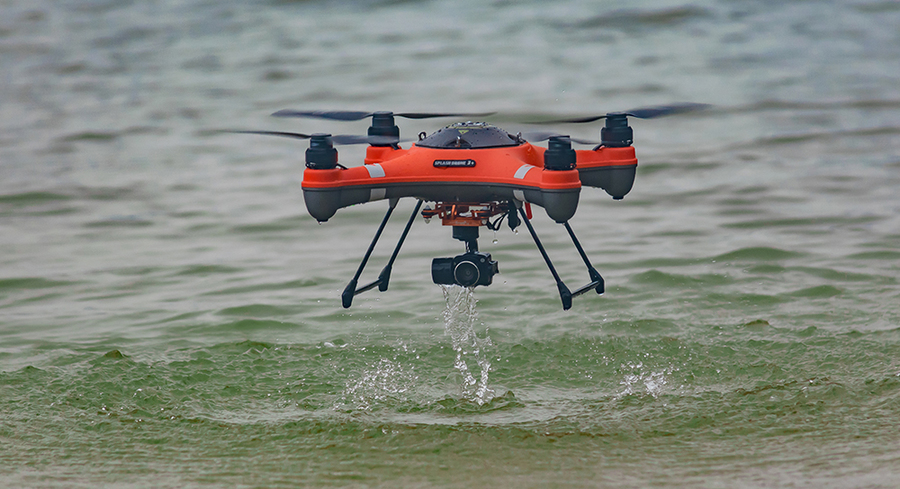The development and deployment of war drones is dramatically reshaping the landscape of modern warfare. These technologically advanced machines have become indispensable assets for military operations, leading to new strategies and doctrines. As countries strive to enhance their defense capabilities, the role of war drones continues to expand, revolutionizing traditional battlefield tactics.
The Evolution of War Drones
War drones, also known as unmanned aerial vehicles (UAVs), have come a long way since their inception. Initially used for surveillance and reconnaissance, today they boast a wide range of capabilities including precision strikes, electronic warfare, and logistical support. This evolution has been driven by advancements in technology, making drones more autonomous, efficient, and versatile.
One of the most significant technological developments is artificial intelligence (AI). AI-powered drones can process vast amounts of data in real-time, enhancing their decision-making abilities during missions. Furthermore, improvements in battery life and energy efficiency have extended the operational range and duration of war drones, making them even more formidable on the battlefield.
Strategic Importance and Impact
Incorporating war drones into national defense strategies provides several advantages. First, they reduce the risk to human life, allowing for high-risk missions without endangering personnel. Second, drones can reach areas inaccessible to manned systems, providing a tactical edge. Third, the use of drones can be more cost-effective compared to traditional military hardware.
Drones also play a critical role in intelligence gathering, offering unmatched surveillance capabilities. They are equipped with advanced sensors and cameras that can capture high-resolution images and videos from great altitudes, providing critical data for strategic planning and execution. The real-time information relayed by drones is invaluable for commanders, enabling them to make informed decisions swiftly.
Challenges and Ethical Considerations
Despite their advantages, the proliferation of war drones poses several challenges. One major issue is the ethical implications of using autonomous machines for combat. Decisions about life and death traditionally made by humans are increasingly being handed over to algorithms. This shift raises questions about accountability and the moral consequences of autonomous warfare.
Furthermore, the risk of drone technology falling into the hands of non-state actors and rogue nations is a significant concern. The relatively low cost and accessibility of some drone technologies make them appealing for terrorist groups and other malicious entities. This necessitates the development of comprehensive counter-drone strategies and robust regulatory frameworks to prevent misuse.
Future Prospects and Innovations
The future of war drones is poised for further innovation and expansion. Researchers are exploring swarm drone technology, where multiple drones operate in a coordinated manner to execute complex tasks. This concept could redefine how military operations are conducted, offering unprecedented flexibility and power.

Additionally, advancements in stealth technology are being integrated into drone design, making them harder to detect and neutralize. The emergence of drone defense systems also showcases the dynamic nature of this field, as nations seek to protect themselves from drone threats while leveraging them to their advantage.
FAQs on War Drones
- What are the primary uses of war drones? War drones are primarily used for surveillance, reconnaissance, targeted strikes, and electronic warfare. They provide crucial intelligence and support for military operations.
- How does AI enhance war drones? AI enhances war drones by enabling real-time data processing, autonomous decision-making, and improving the precision and effectiveness of drone missions.
- What are the ethical concerns with war drones? Ethical concerns include accountability in autonomous decision-making, the potential for misuse by non-state actors, and the moral implications of removing human judgment from warfare.